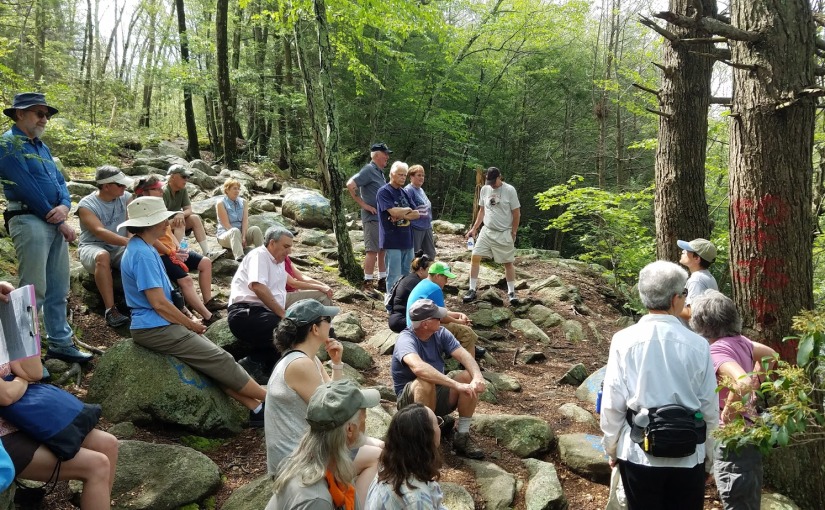After reading the articles for this week’s class, I can honestly say that I still do not have a specified definition of public history but I understand better what it should not be. If NCPH board members can disagree on a definition for the field then I guess it is okay for me to not be able to define it either. As Robert Weible explains in his article “Defining Public History,” the field of public history is more easily described than defined. Academic historians might be able to explain a narrative to another person within the academy but it is a public historian’s job to take that narrative and make it more understandable to the unskilled public. This is why digital history is so important within not only the field of public history but also within today’s society. In the article “What is Digital History” by Douglas Seefeldt and William G. Thomas digital history is explained “as an approach to examining and representing the past that works with the new communication technologies of the computer, the internet network, and software systems.” Digital history is a tool that is used to reach a wider audience, one that maybe cannot afford to visit museums or historical sites. History should not be a luxury of the higher classes, it is meant for everyone to learn from and enjoy. Although digital history is great for spreading historical narratives to many people, there are also downsides to the field. Rebecca Onion explains in her article “Snapshots of History” the liberty that some online sites take with posting “historical” content. Without an actual historian looking into the authenticity of the data being given to the online world some items could be false or doctored to give the site more visitors. Onion also explains that many of the sites on Twitter that claim to post historical photos will not post the date, background information, or links to scholarly sources in which a viewer can take the chance to expand their knowledge of the subject. Public history, digital or not, is about helping the public expand their understanding on topics that they might not see very often. Now how do we explain to people that no matter what Abraham Lincoln says not everything you read on the internet is true?

I once posted this very picture on Facebook. I like how you ended your entry. 🙂
LikeLike
I thought it was very fitting. Thanks for your response.
LikeLike
I liked what you said about how you said that some twitter accounts post pictures and say that they are historical, but give no way for people to contradict or critique what they are seeing. I also see this when watching documentaries. They interview and show people speaking on a historical topic who are not necessarily historians. I feel like this short clip says it all about the internet. https://www.youtube.com/watch?v=bufTna0WArc
LikeLike
That’s one of my favorite commercials and is exactly what I think Rebecca Onion was going for. Whenever someone sees a title that includes the word history or historical they think that they can automatically trust the site. We all know that that is not the case.
LikeLike
Hey Abbie! I like how you discussed how hard it is to define Public History. The struggle is real when people ask you what it means to be a public historian. It is always easier to describe than define our field. I wish you would have elaborated more on the advantages and pitfalls of digital history. Even if you couldn’t go through all of them, it would have been nice to hear some general risks to publishing material online. I did like how you went into detail on the “Snapshots of History” article. I found it was a nice way to end our readings for the week. It allowed us to take everything we had learned and apply it to a real problem in the digital history field. Your summary and analysis of the article reinforces the importance of being responsible with what you post online.
LikeLike
I agree I could have went into further detail for some things. Digital history has many good and bad qualities because, like public history, we are reaching a crowd that are not trained to deal with scholarly sources or to tell what is true or false. Thank you for you comment.
LikeLike
I agree! Digital history is definitely a tool used to reach a larger audience. I’ve found a new love of online sites when I recently wrote an article on a digital exhibit. I am so glad that you are supportive of sharing history with as many people as possible. Also, I love Abraham Lincoln so that’s legit pretty cool!!
LikeLike